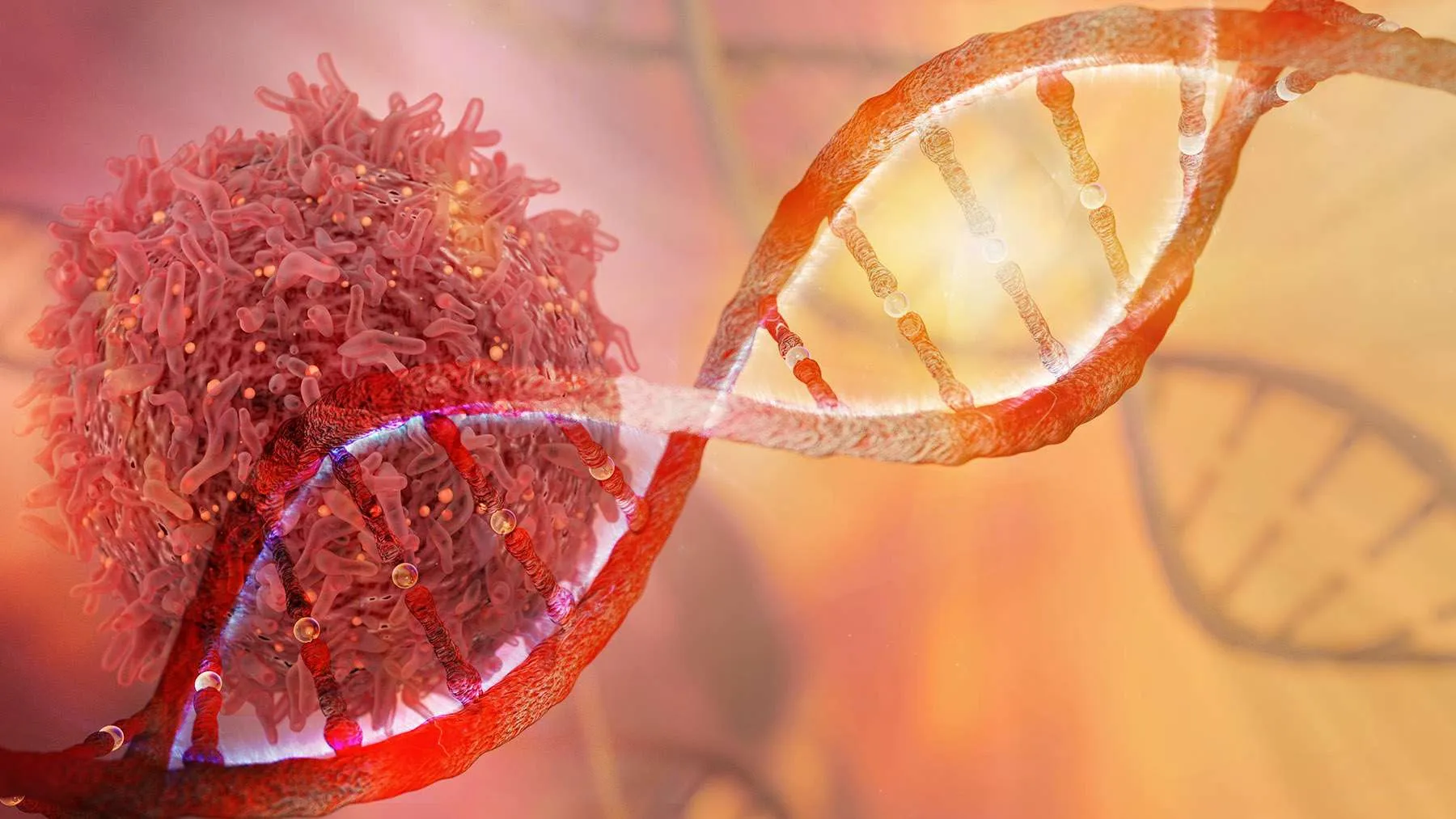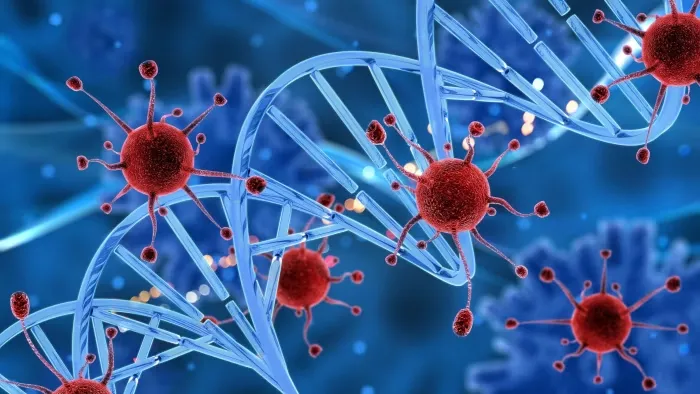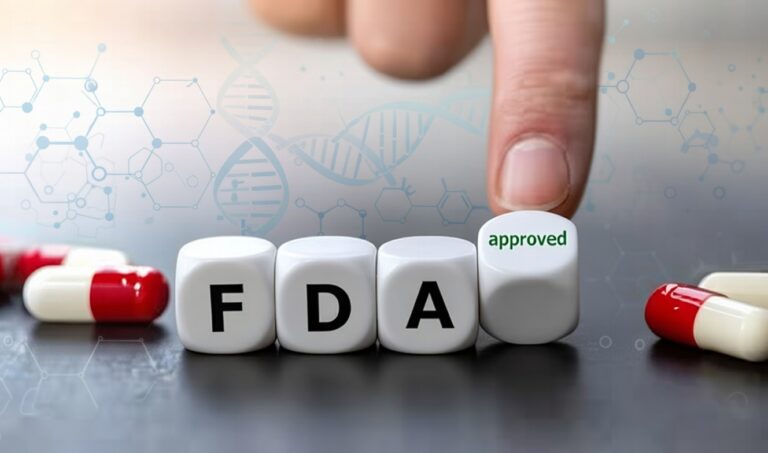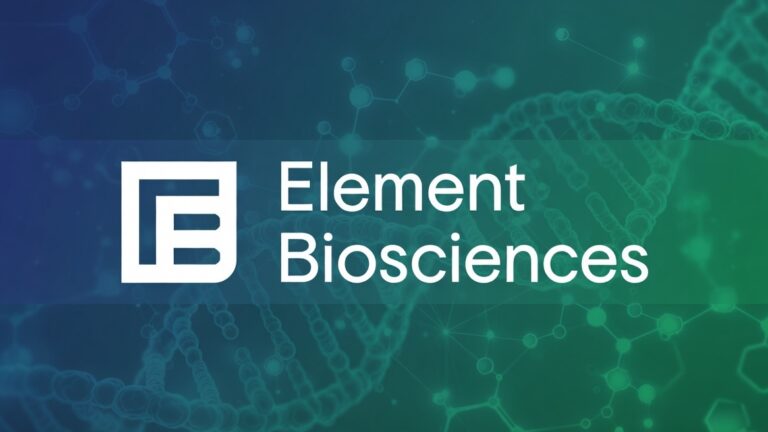
QIAGEN Highlights Breakthroughs in Cancer Genomics and Announces Key Partnership Updates at AACR Annual Meeting 2025
QIAGEN N.V. Frankfurt Prime Standard: QIA), a global leader in molecular diagnostics and sample-to-insight technologies, today announced a comprehensive lineup of product innovations and partnership expansions aimed at redefining its cancer genomic profiling capabilities. These announcements come ahead of the American Association for Cancer Research (AACR) Annual Meeting 2025, which will be held from April 25 to 30 in Chicago, Illinois.
The strategic updates span next-generation sequencing (NGS), digital PCR (dPCR), bioinformatics, and strategic collaborations with major industry players. Together, they mark a significant step forward in QIAGEN’s mission to equip researchers, clinicians, and biopharmaceutical companies with integrated tools that drive more accurate cancer diagnostics, deepen biological insights, and improve the safety and efficacy of advanced therapeutics.
Strengthening the QIAseq xHYB Portfolio for Comprehensive Genomic Profiling
Among the highlights of QIAGEN’s latest product expansion is the introduction of new QIAseq xHYB panels designed to support multimodal cancer genomic profiling. These advanced DNA and RNA hybrid-capture panels enable the identification of clinically relevant and actionable variants across a range of cancer types.
The updated QIAseq xHYB panels are enhanced by integration with the Human Somatic Mutation Database (HSMD), developed by QIAGEN Digital Insights (QDI). This curated resource ensures that the panels capture key genomic regions enriched with variants of known functional and clinical importance. By aligning panel content with real-world variant data from HSMD, QIAGEN enables users to derive more biologically and clinically interpretable results.
To showcase the power and performance of the new panels, QIAGEN will host a Spotlight Theater presentation at AACR 2025. The session will feature Dr. Christopher Reynolds of Myriad Genetics, who will present a proof-of-concept study demonstrating the panel’s performance in detecting cancer variants. The study utilized matched tumor and plasma samples from patients with advanced-stage prostate and ovarian cancers, highlighting the panel’s sensitivity in capturing somatic mutations across both solid and liquid biopsy samples.
These panels are part of QIAGEN’s broader vision of providing end-to-end solutions — from sample preparation to NGS and data interpretation — that streamline workflows, increase sensitivity, and facilitate high-throughput applications in translational and clinical research.
Advancing Digital PCR for Cell and Gene Therapy Quality Control
In parallel with its NGS portfolio enhancements, QIAGEN has also introduced new tools designed to support the growing demand for robust quality control in cell and gene therapy manufacturing.
The new QIAcuity RCL Quant Kit and a suite of QIAcuity Cell and Gene Therapy (CGT) digital PCR assays were developed specifically for lentivirus-based therapies, including CAR-T cell treatments — a fast-emerging modality in oncology. These kits and assays enable precise quantification of residual replication-competent lentivirus (RCL), vector copy number, and other critical quality attributes (CQAs), ensuring the safety and consistency of biotherapeutics.
According to QIAGEN, the QIAcuity platform’s rapid, multiplexed, and sensitive dPCR technology makes it an ideal fit for quality testing requirements in regulated manufacturing environments. The platform can detect low-level contaminants and variations that would otherwise be missed by traditional qPCR, positioning it as an essential component of advanced therapy manufacturing workflows.
With these innovations, QIAGEN strengthens its role not only in research but also in clinical translation, offering pharmaceutical and biotech companies tools to meet stringent regulatory requirements while advancing next-generation therapies.
Collaborating with Element Biosciences to Democratize Cancer Profiling
Further amplifying its impact in cancer research, QIAGEN is extending its collaboration with Element Biosciences by adapting its QIAseq xHYB CGP panels for compatibility with the AVITI System and Trinity Workflow. This integration is expected to be commercially available by the end of 2025.
The AVITI platform, known for its high accuracy and low-cost sequencing, paired with QIAGEN’s hybrid-capture technology, will create a turnkey solution for cancer centers and laboratories seeking affordable, scalable genomic profiling. The Trinity workflow’s reduced hands-on time and automation-friendly format are designed to simplify sample processing, making cancer profiling more accessible without sacrificing analytical rigor.
This partnership exemplifies QIAGEN’s strategy of aligning with innovative sequencing technology providers to broaden the reach of its content-rich panels and reduce barriers to adoption in a rapidly evolving oncology landscape.
Global Launch of HRD Assay in Partnership with Myriad Genetics

QIAGEN also announced the global (excluding Japan) launch of a sequencing-based Homologous Recombination Deficiency (HRD) assay developed in partnership with Myriad Genetics. HRD status has become an essential biomarker for predicting response to DNA-damaging agents, such as PARP inhibitors, especially in ovarian, breast, prostate, and pancreatic cancers.
The new assay offers a deeper and more comprehensive look at DNA repair deficiencies, incorporating proprietary variant calling and bioinformatics workflows from both companies. This test will empower researchers and clinicians with actionable insights into tumor biology, enabling them to stratify patients more effectively and tailor treatment strategies accordingly.
This launch further cements QIAGEN’s commitment to personalized oncology and underscores the power of strategic collaborations in bringing advanced molecular diagnostics to the global market.
Introducing HSMD Research: Free Access to Curated Cancer Variant Data
In a move that supports academic research and enhances data accessibility, QIAGEN Digital Insights has introduced HSMD Research, a free, limited version of its Human Somatic Mutation Database. This offering gives researchers access to high-quality curated data on 25 key cancer-related genes across solid tumors and hematologic malignancies.
HSMD Research includes gene annotations, variant frequency distributions, functional consequence assessments, and clinical relevance — all provided in a user-friendly digital format. The database is designed to foster discovery and hypothesis generation by academic groups who may not have the resources for enterprise-level bioinformatics tools.
By lowering access barriers to key oncogenomic insights, QIAGEN empowers a broader range of researchers to participate in the global effort to decode cancer biology and improve patient outcomes.
A Unified Vision: Empowering Precision Oncology and Biotherapeutic Innovation
“From targeted NGS panels to digital PCR kits and open-access genomic data, these launches represent a comprehensive investment in innovation across the oncology research and clinical landscape,” said Nitin Sood, Senior Vice President and Head of Product Portfolio & Innovation at QIAGEN. “We are bringing together sample prep, sequencing, data analysis, and quality control to support researchers and pharmaceutical partners in their efforts to push the boundaries of cancer therapy and precision medicine.”
By unveiling these tools at AACR 2025, QIAGEN underscores its leadership in integrated molecular testing solutions and its commitment to improving cancer diagnostics and treatment strategies. The company continues to evolve its portfolio in alignment with the needs of the global scientific community — from early-stage discovery to late-stage clinical application — helping to bridge the gap between genomic insights and therapeutic impact.





